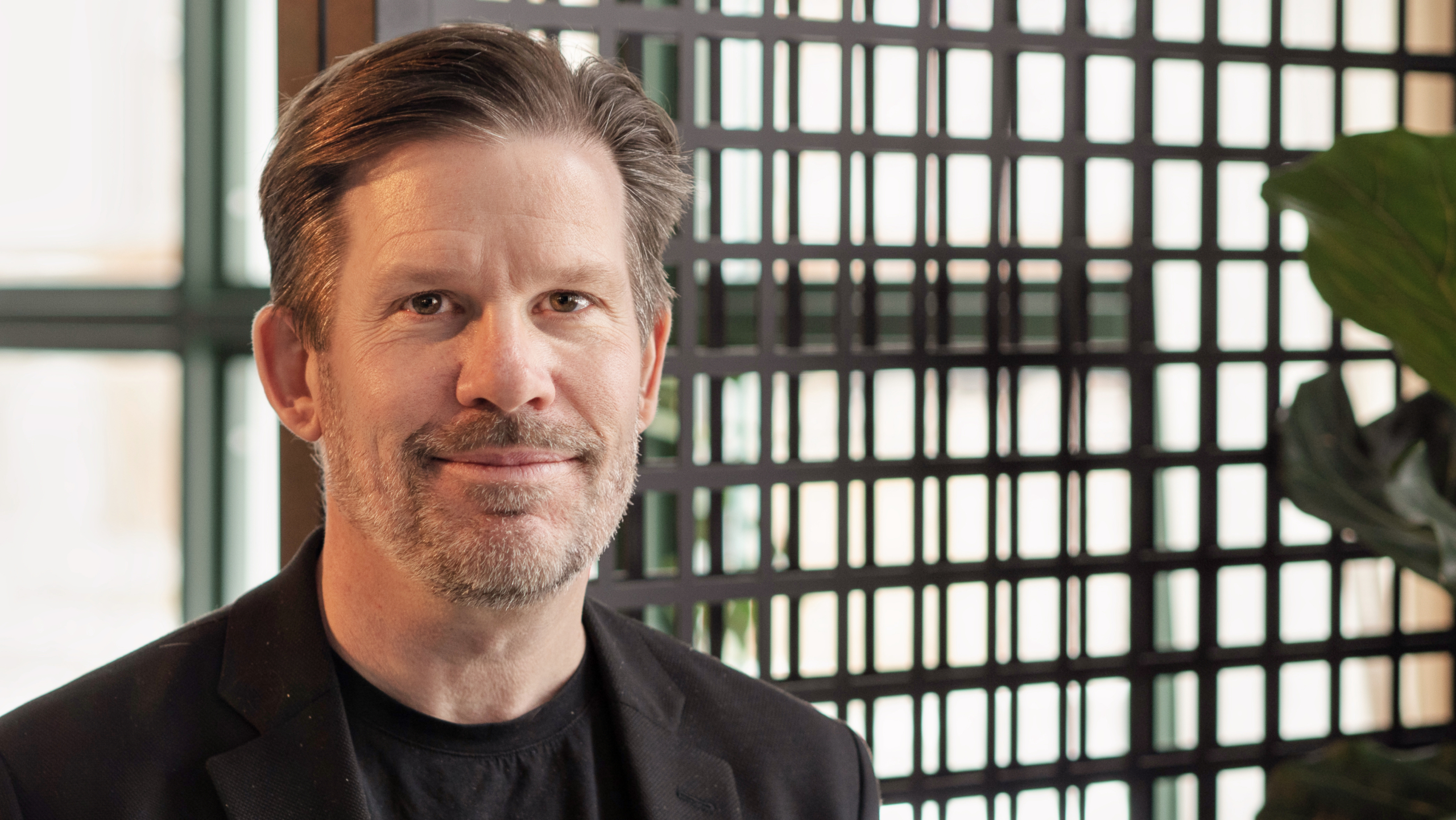Financing Green Tech Investments in Ukraine
In mid-October, Stockholm Green Innovation District hosted its second roundtable on the green reconstruction of Ukraine after the war – this time with a focus on available financing instruments for green tech companies wishing to contribute to the rebuilding process. The session was moderated by Carl Piva from The Swedish Internet Foundation, together with Tommy Borglund from Forever.
Green reconstruction and accountability
Margot Wallström, co-chair of the High-Level Working Group on the Environmental Consequences of the War (on behalf of President Zelensky), opened the discussion. The group she has led has developed a Compact outlining how war crimes – including thoseaffecting the environment – should be documented, how accountability should be pursued, and how a green reconstruction should be enabled and driven forward.
Strong commitment from Sweden
Ulrik Tideström, Sweden’s Special Envoy for the Reconstruction, Business, and Developmentof Ukraine, presented Sweden’s long-term commitment to the country – a multi-yearsupport package amounting to USD 3 billion annually, distributed through various channels.
Financing instruments and industry insights
Participants also heard presentations on financing opportunities from SIDA, EKN, SEK, Swedfund, Nefco, and SEB with insights from Lena Berglöw Elm, Sida, Johan Dahl, Birgitta Lindström Kruk , Sophie Taintor, Ulf Bojö och Johan Sahlén.
Industry perspectives were shared by: Swedish Project Export, represented by Tony Lindström and Alfa Laval, with insights from Camilla Gunnarsson
Andreas Giallourakis joined live from Business Sweden’s office in Kyiv, providing on-the-ground reflections on current local challenges.
Key takeaways from the discussion:
- There is a strong commitment from a wide range of actors to contribute to Ukraine’sgreen recovery
- There is a need for better alignment between existing financing instruments and the needs of the green tech industry – SGID will summarize these needs and proposeimprovements
- A coordinated Swedish approach is essential, as many of the challenges require long-term strategies, system-level thinking, and local capacity building
Carl Piva from The Swedish Internet Foundation.








